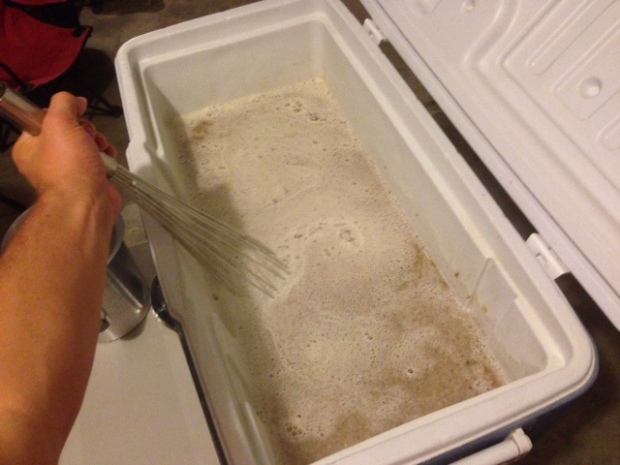The short answer is that it makes a difference in attenuation.... The Beta Amylase needs time to do it's job. Alpha acts pretty rapidly.
I've been experimenting with extremely short mashes..... as little as 10 minutes. The only thing I can see is reduced attenuation. With my 10 minute mash, I finished about .005 on my final gravity, or about 1% less alcohol than normal. This of course raises the sweetness due to unfermentable sugars. As a consequence, I reduced the amount of crystal considerably, and used a much darker crystal. I used 120 instead of 60, and used half as much. This may be pointless because CR120 is less fermentable than CR60. I'm interested however in how the flavor compares between the two at the same recipe SRM.
I'm paying 50 cents a pound for two row, and $1.75 for crystal. I also cut out the carapils completely as the higher residuals should give the body and head I need. I won't know the results for a few weeks though.
I use an ultra fine crush... .010, and get more trub also..... but not a huge amount, and yes it does hurt efficiency........There's always a trade off.
My current thinking is the "unattended mash"....... Dough in to hot tap water, and set a timer and go to bed.......... About 2 hours before you get up, the timer kicks a hotplate on, and your pump to recirculate. A PID controller takes it to mash temp and holds it. In the morning, you are ready to go to boil. This would allow you to work with a course grind (LHBS Grind), and mash as long as you wanted to...... one hour, 2, 3, etc...
H.W.


 , but I've never thought about this before - If you are doing BIAB (like I do), why not go for a much finer grind? Interesting...
, but I've never thought about this before - If you are doing BIAB (like I do), why not go for a much finer grind? Interesting...


